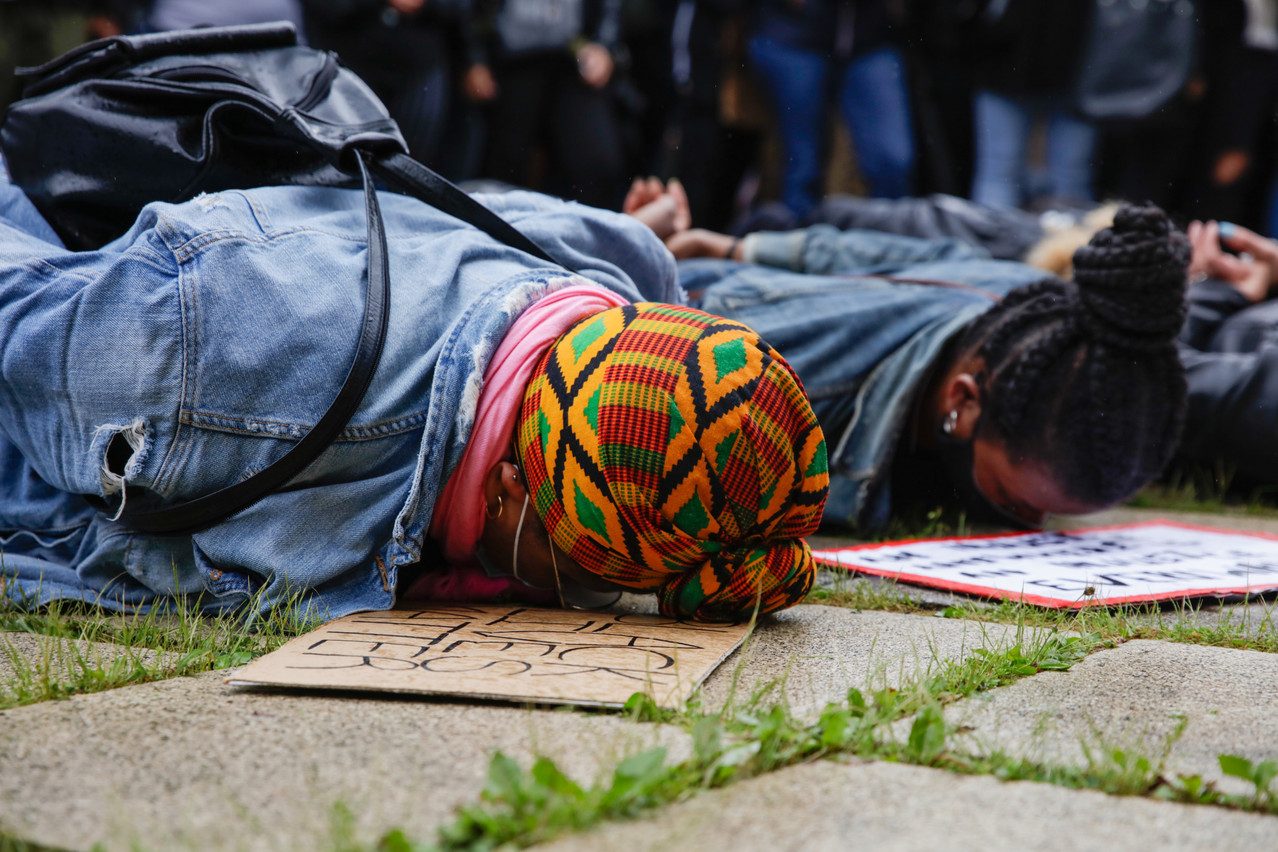In 2018 the results of the EU Fundamental Rights Agency described Luxembourg as the second most racist country in the European Union. So bad was this ruling that civil society organisations in Luxembourg organised a debate on 13 November 2019.
A parliamentary debate on racism took place in the Chamber of Deputies on 1 July 2020, where a resolution was tabled the same day calling for greater involvement of the Centre for Equality of Treatment (CET) in decision-making concerning, “the fight against all forms of discrimination and the promotion of harmonious living together.”
In its 2020 annual report CET published the results of a survey it had conducted which revealed that 6% of those asked believed a black person being prevented from entering a nightclub was not serious discrimination. In 2015 that figure was 10%.
In 2019, the then internal security minister, and current deputy prime minister, François Bausch, caused controversy when he identified the “Nigerian mafia” as the main cause of illicit activity in the Gare district.
According to the Police Grand-Ducale’s 2020 annual report, two West Africans were arrested in July “who were responsible for a thriving cocaine and marijuana trade.”
Another case from July 2020 details the arrest of three “resellers” of North African origin. Those arrested were responsible for “a well-organized cocaine trade and marijuana.”
And a two-year investigation linked to extensive drug trafficking and money laundering resulted in fifteen arrests in November 2020. During the different searches (26 in total), the investigators seized several kilos of marijuana, hashish, and cocaine (total approximately 13 kg), ‘significant’ sums of money and several luxury vehicles. In this case, police records did not indicate the nationality or geographical region of those arrested.
A survey from 2021 revealed that individuals from Sub-Saharan Africa were seven times more likely than others to be stopped by Luxembourg police in the street.
A total of 40% of all police stops in Luxembourg, according to the EU's Agency for Fundamental Rights survey published on 25 May 2021, are ethnically motivated.
Delano asked black residents of the Gare district of their experience of racism and abuse in the grand duchy. Their testimonies were long and varied, describing anything from wayward glances, sly comments and random security checks, to verbal and physical abuse by the police and the general feeling of insecurity and being second class citizens with social rights in name only.
One resident detailed how the obsession and focus on race framed black people as historical victims and white people as “their saviours,” often by those who claim to be the most ardent anti-racists. “To categorise and label people in terms of their skin colour is itself racist--no matter the reason,” he told Delano. “I am Luxembourgish, and my experience and life is that of a Luxembourger, unfortunately because of my skin, I am defined and classed as something other.”
This article is the second in a series that Delano will be publishing throughout this week to mark the closing of US Black History Month.
